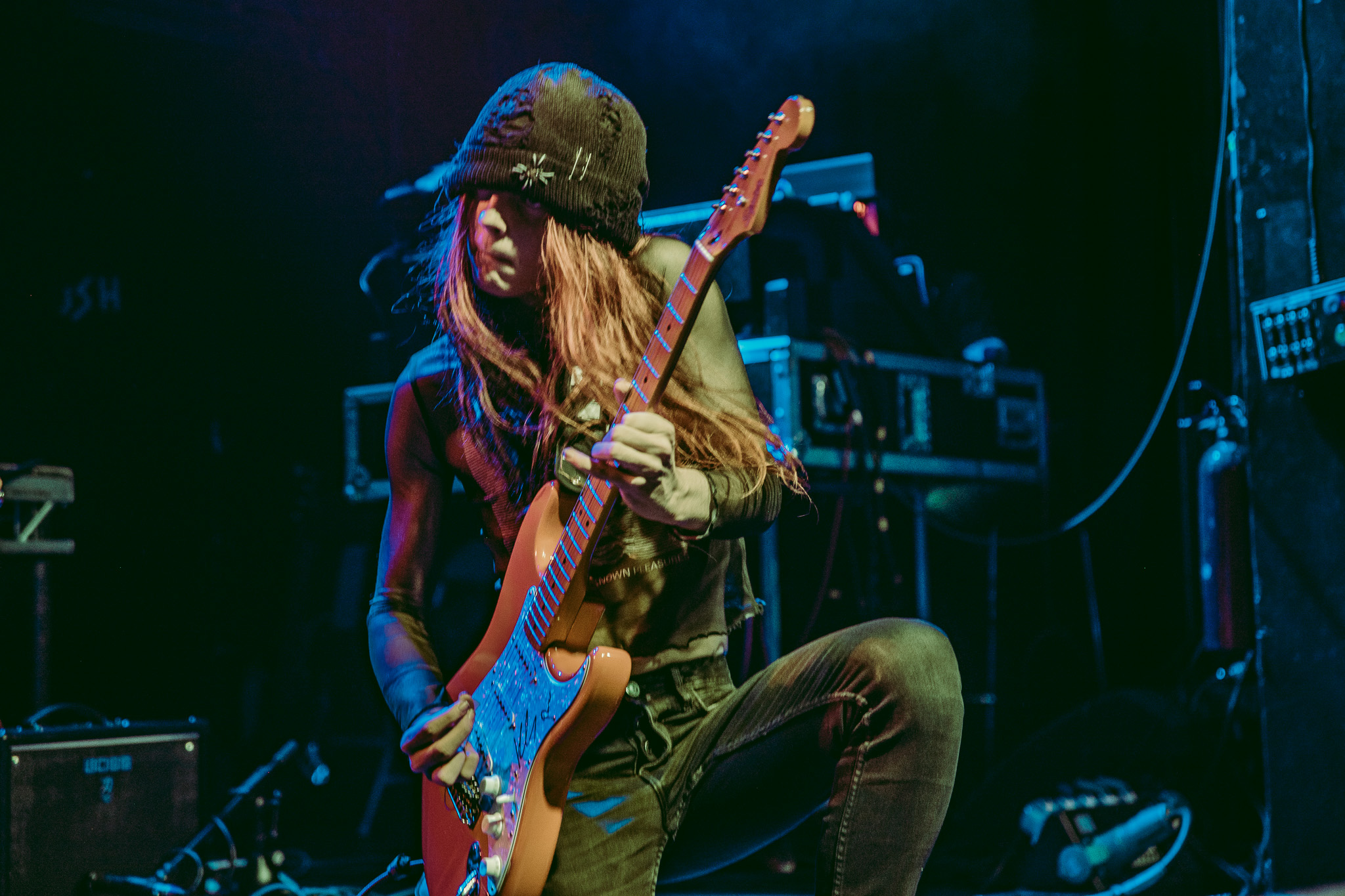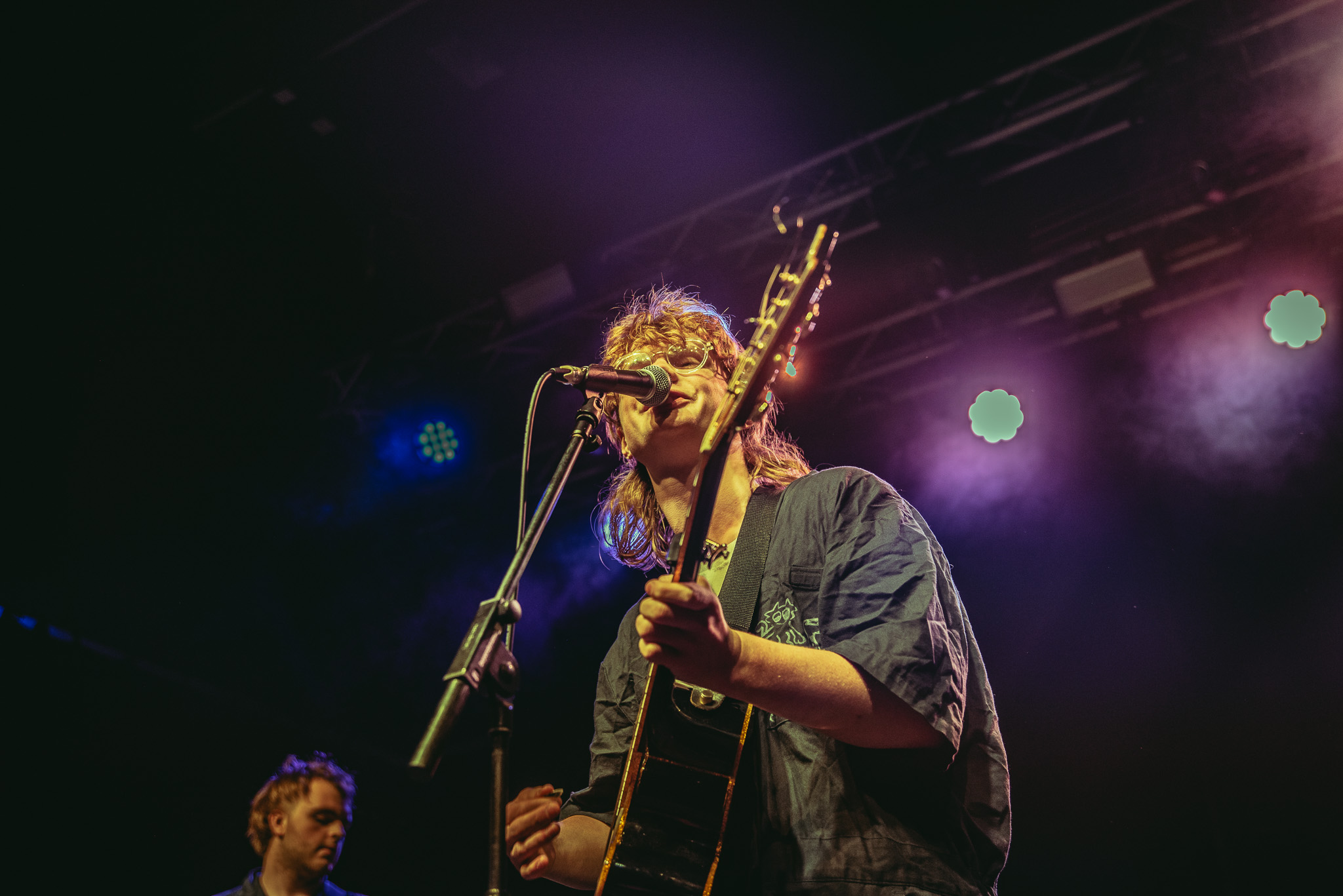If you suffer from stage fright, don’t worry, you’re not alone! Stage fright is incredibly common and, according to the National Institute of Mental Health, it impacts 73% of the population. Even celebrities like Rhianna and Adele experience stage fright. Although they have performed countless times to huge crowds, it’s still normal to feel nervous.
Here is our guide on how to overcome stage fright:
![]()
What is stage fright?

Stage fright is a form of anxiety which occurs when an individual performs in front of an audience. It can also be referred to as performance anxiety, and some of the common symptoms include; increased sweating, a higher heart rate, dry mouth, and nausea.
It can affect people in various situations, such as presenting in front of your class, attending a job interview, or performing live on stage. The key to overcoming stage fright is to learn how to manage it.
![]()
10 stage fright tips
1) Be prepared
Practice makes perfect! The more familiar you are with your material, the more confident you’ll feel, and the less likely you are to make mistakes. It’s a good idea to rehearse in front of a mirror, record yourself, and perform in front of friends and family so that you feel more comfortable and confident when it’s time to go on stage.
2) Mental techniques
Try visualising your performance going well by imagining the positive audience reaction to help create a positive mindset. Replace any negative thoughts with positive affirmations, and remind yourself of your strengths and past successes. Mindfulness and relaxation will also help, practise deep breathing and meditation to calm your nerves.
3) Exercise
Physical exercise is known to reduce tension and release endorphins, even a short walk will help to calm your nerves. Similarly, having a healthy lifestyle is important to ensure you’re well rested and hydrated. Avoid caffeine and heavy meals before your performance, your body is already flooded with adrenaline!
4) Arrive early
Give yourself plenty of time to relax and warm up before your performance, you don’t want to feel rushed! You should also familiarise yourself with the venue beforehand so that you know what the stage looks like, how it will be set up, and where the audience will be.
5) Be present
Concentrate on the present moment rather than worrying about what might go wrong. Use your nerves as a source of energy, and acknowledge that feeling nervous is completely normal.
6) Adopt a confident posture
Stand tall and keep your shoulders back, fixing your posture can actually convince your brain that there’s nothing to worry about. So move across the stage with purpose and use all of the space available to you.
7) Connect with the audience
Try making eye contact and smiling to engage with them. Start your performance with something you are confident with to build your stage presence and momentum for the rest of the performance.
8) Building long-term confidence
After each performance, reflect on what went well and what could be improved. Remember to celebrate your successes! It’s important to keep improving your skills, and the more proficient you become, the more confident you’ll feel. Watch other performers and learn from their techniques, note what makes them confident and engaging and adopt it to your performances.
9) Get support
Talk to fellow performers or friends who understand what you’re going through and can provide advice. If your stage fright is really severe, consider getting help from a coach or therapist who specialises in performance anxiety.
10) Be passionate
Remember why you’re performing and the joy it brings you, and let your passion shine through. Aim to enjoy the performance rather than striving for perfection. When you enjoy yourself, it shows, and your confidence naturally flows through.
It’s useful to view each performance as an opportunity to grow and improve, enjoy the process and keep pushing your boundaries to gain more confidence!
Bonus tip: building stage presence

Learning how to keep the audience entertained is the key to performing better on stage. Here are a few techniques which can help you level up your live performances to make them unforgettable for the audience.
Visuals are key. Yes, it’s important to sound amazing, but you also need to look the part! Think about your identity as a musician and what you want to convey, this should be reflected in how you look and dress. You can be as out there or as simple as you like, as long as it fits with your brand. Also, make use of lighting and colour to create a mood or an atmosphere during the performance. The stage visuals are an important part of any performance.
Command the stage, the audience is there to watch you! You need to give them something amazing to watch. Although it may be tempting to stand in the same spot, especially if you’re nervous, it’s important to use the whole stage. As mentioned above, remember to maintain a confident posture and make use of the space around you.
Interact with the audience, as after all, live performances are all about creating connections. You could ask them questions, or even try some audience participation like getting them to sing along to certain parts of your songs. Make eye contact with different areas of the audience so everyone feels included. Audiences will forgive and forget mistakes you might make if you engage with them on an emotional level.
Lastly, be prepared! Go into each live performance knowing exactly what you’re going to do so you can focus on the audience and their needs. And remember to have fun, when you’re having fun on stage, the audience will have fun with you.
![]()
Have you considered a music college course?

Where does Access Creative College fit into all this? Well, we have plenty of music courses available to choose from.
Our Artist Development, Vocal Artist and Music Performance courses will help you gain performance skills and confidence so that you feel comfortable on stage. We also have some amazing opportunities to perform at various famous music venues and even big festivals like Latitude.
What are you waiting for, get that college application in for September!
- The History of Filmmaking: From the First Film to Modern CGI Effects - December 18, 2024
- 10 Ideas for the best gaming desk setup in 2025 - December 13, 2024
- Top 20 Christmas Songs Ever Made - December 10, 2024
